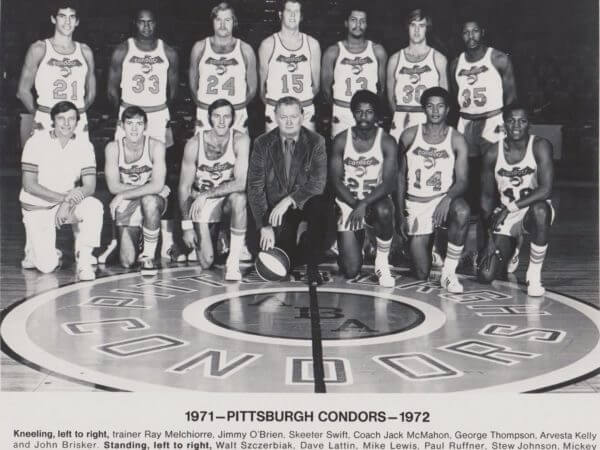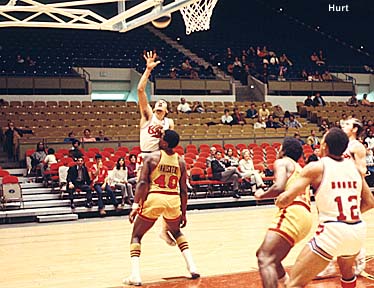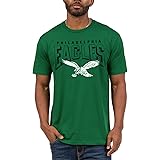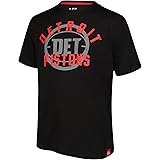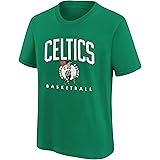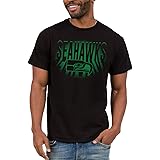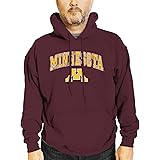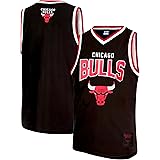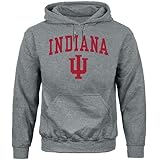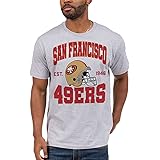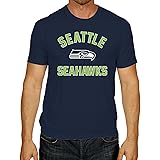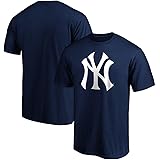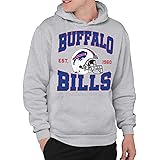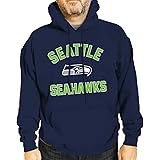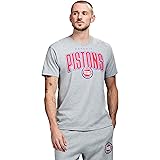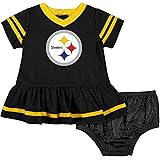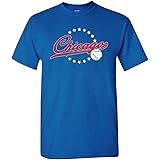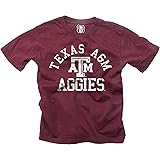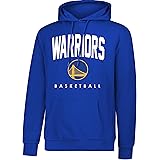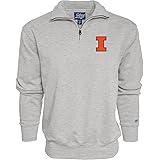
Established
1967
City
Pittsburgh – Minneapolis – Pittsburgh
League History
1967 – 1972 / American Basketball Association
Team History
1970 – 1972 / Pittsburgh Condors
1969 – 1970 / Pittsburgh Pipers
1968 – 1969 / Minnesota Pipers
1967 – 1968 / Pittsburgh Pipers
Nickname
Condors – Sports fans, have you ever wondered about the origins of the Pittsburgh Condors nickname? The Condors are a professional basketball team based in Pittsburgh, Pennsylvania, and part of the American Basketball Association (ABA). While many sports teams take their name from animals or geographical locations, this isn’t true for the Condors. Their unique moniker has an interesting origin story that dates back to 1975.
Pittsburgh Condors Origin
The story begins with then-owner George Steinbrenner III, who wanted his team to stand out among other ABA franchises and give them something distinctively “Pittsburgh.” He named his new franchise after one of America's most majestic birds -the condor! This choice was also inspired by a local legend at nearby Carnegie Mellon University, where students had been referring to themselves as “condors” since 1969, when they adopted it as an unofficial mascot due to its majestic nature and soaring flight patterns -- perfect symbols for what Steinbrenner hoped would be achieved by his new franchise in terms of success both on and off the court!
Today, more than 40 years later, there is no mistaking which city these impressive birds represent: Pittsburgh! So next time you see your favorite players donning those iconic black & gold uniforms, remember it all started with one man's vision – George Steinbrenner III – who wanted something special for our beloved city…. He certainly got it when he chose "Condor" as our official mascot/nickname in 1975!
Championship
ABA Championships 0
1967
Arena
*Pittsburgh*
1967 – 1968, 1969 – 1973 / Pittsburgh Civic Arena
*Minnesota*
1968 – 1969 / Bloomington’s Met Center
Owner
1970 – 1972 / Metro Sports Haven Industries
1967 – 1969 / Gabe Rubin
- 1971
- 1972
-
Name Change to Condors
Jack McMahon took over as coach. John Brisker and Mike Lewis played in the 1971 ABA All-Star Game, but the Condors could only manage a 36-48 record, fifth place in the Eastern Division, and out of the playoffs (one game behind The Floridians). While the Condors had a potent offense (5th in the 11-team ABA with 119.1 points per game), ... -
ABA Cancels the Condors
Haven and the league tried to move the Condors to a bigger market. However, they were unable to do so, and in June 1972 the ABA canceled the Condors franchise. The Condors’ roster was put into a dispersal draft; George Thompson went to the Memphis Tams, Mike Lewis to the Carolina Cougars, Skeeter Swift and James Silas to the Dallas ...
To qualify as the greatest player for this team, the player must have played one season for this team. If not, we will remove the player.
* verifies that player has played for this team as an added player by a fan.
Pittsburgh Condors History
The Pittsburgh Condors history traces back to their origins as the Pittsburgh Pipers, one of the first teams to join the American Basketball Association (ABA) in 1967. Founded by Pittsburgh attorney Jack McMahon, the team made an immediate impact on the new league. During their early years, they played at the Civic Arena—now known as PPG Paints Arena—and were one of the most competitive franchises of the ABA’s formative years.
The Pittsburgh Condors had a short yet thrilling existence between 1967 and 1972, participating in five ABA seasons. Over that time, the team made three playoff appearances and won two division titles, earning a reputation for their fast-paced play and loyal fan support. Their rebranding from the Pipers to the Condors in 1970 was meant to capture a stronger regional identity, symbolized by the bold and distinctive Pittsburgh Condors logo, which represented both power and determination.
Throughout the Pittsburgh Condors history, several legendary players made their mark. Among them was Connie Hawkins, the franchise’s biggest star, who led the Pipers to the first-ever ABA Championship in 1968 and was named the league’s Most Valuable Player. Alongside him, players like John Brisker, Mack Calvin, George Thompson, Charlie Williams, and Warren Jabali added depth and excitement to the Pittsburgh Condors basketball legacy. The 1971–72 season was particularly memorable, with Brisker leading the team to an impressive 50–30 record, a highlight in the franchise’s short lifespan.
Off the court, the Pittsburgh Condors basketball team became known for their creative fan promotions, such as “Dunk for Dollars” and “Lucky Number Night.” These events added to the entertainment value, drawing families and basketball enthusiasts from across Pennsylvania. Fans fondly remember these nights when the team’s high-flying dunks and giveaways made attending games an unforgettable experience.
Condors Achievements
However, despite their exciting style and strong fan engagement, financial struggles began to affect the franchise. The team’s inconsistent attendance numbers and the rising costs of competing with other ABA franchises ultimately led to their disbandment in 1972. Though their time was brief, the Pittsburgh Condors history remains a defining chapter in the ABA’s legacy, showing the challenges and passion that characterized basketball during that era.
1968 ABA Championship Victory
One of the defining moments in Pittsburgh Condors history came during their time as the Pittsburgh Pipers, when they captured the inaugural ABA Championship in 1968. Led by the legendary Connie Hawkins, who also earned the league MVP award, the team defeated the New Orleans Buccaneers in a seven-game series. This triumph established the franchise as one of the ABA’s early powerhouses and remains their greatest achievement.
The impact of the Pittsburgh Condors basketball team continues to be felt in modern basketball culture. The creative spirit of the ABA and the skill of players like Hawkins and Brisker helped shape the flashy, high-energy playstyle seen in today’s NBA. Even though the team folded, their legacy—and the memorable Pittsburgh Condors logo—remains a proud part of basketball’s rich history.
Sports Fan Products
Coaches
1971 – 1972 / Jack McMahon and Mark Binstein
1970 – 1971 / Jack McMahon
1969 – 1970 / John Clark and Buddy Jeanette
1968 – 1969 / Jim Harding and Vern Mikkelsen
1967 – 1968 / Vince Cazzetta
*Blue is this team’s history

